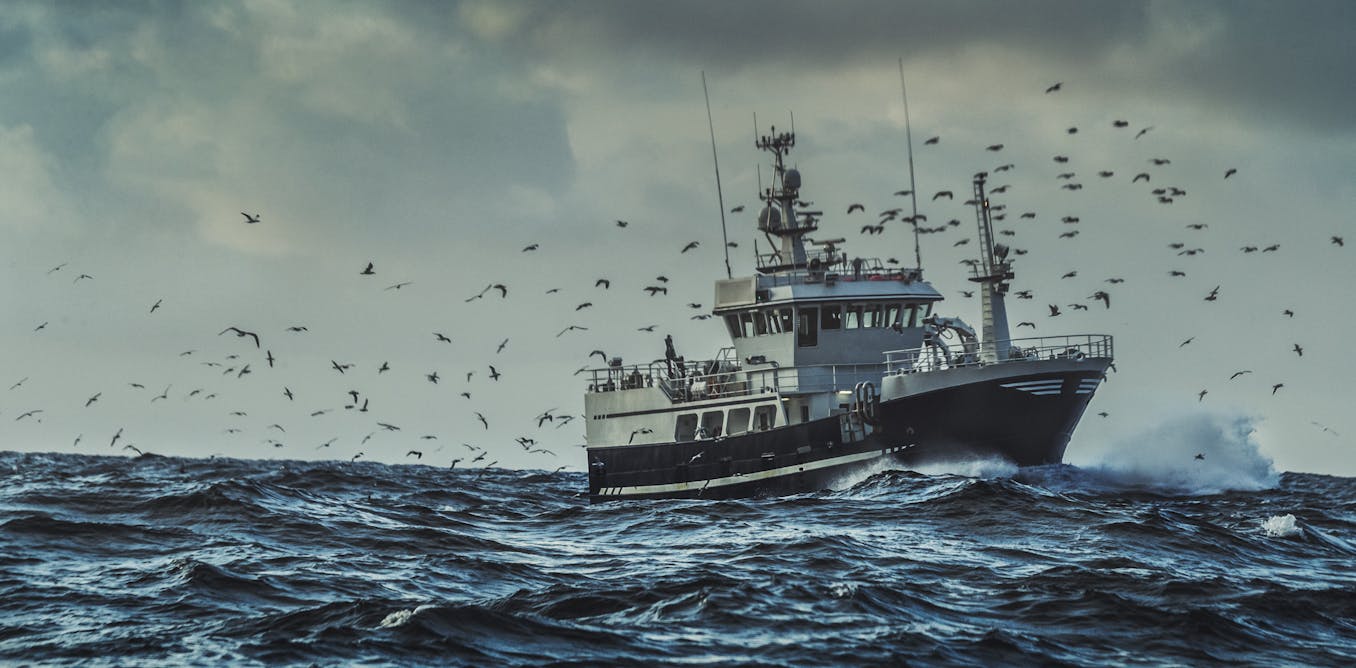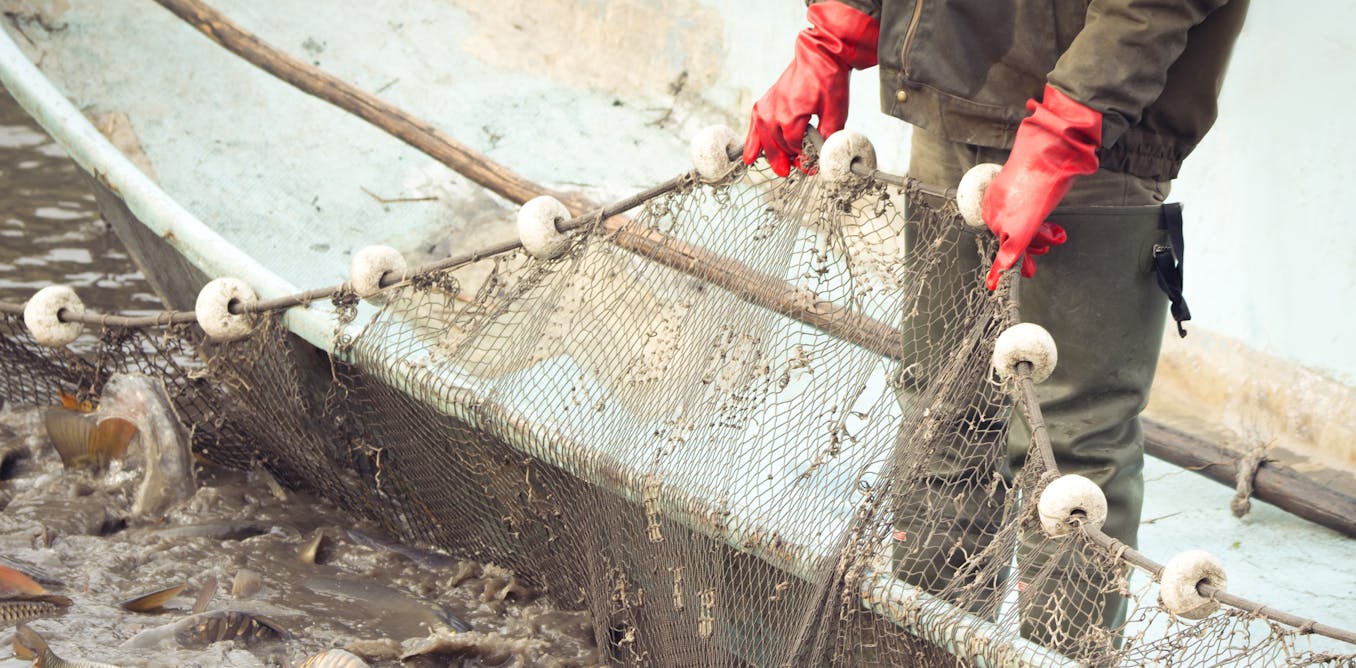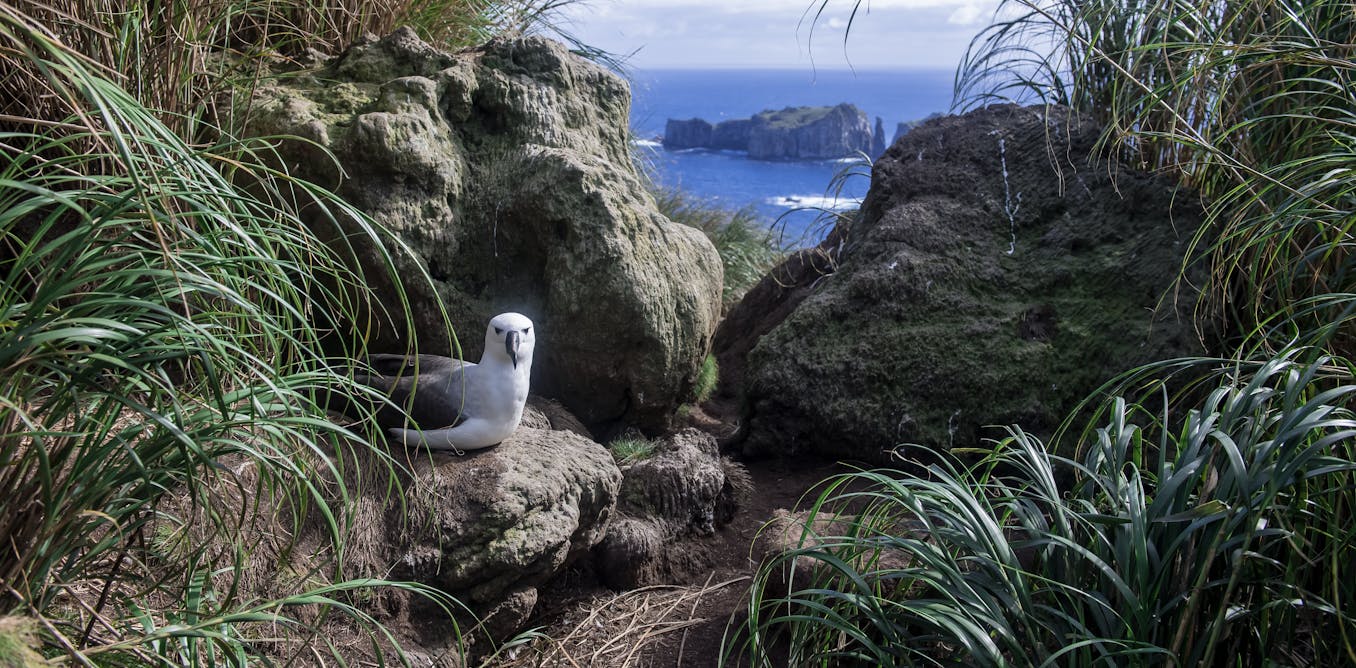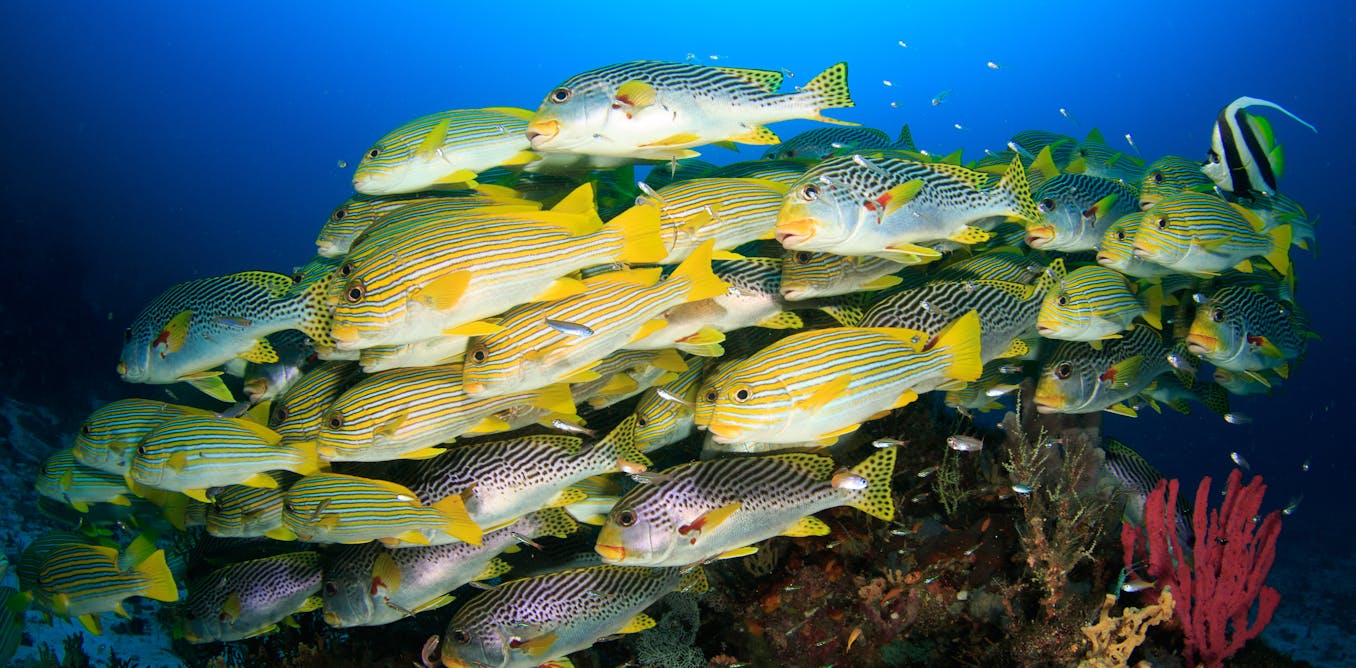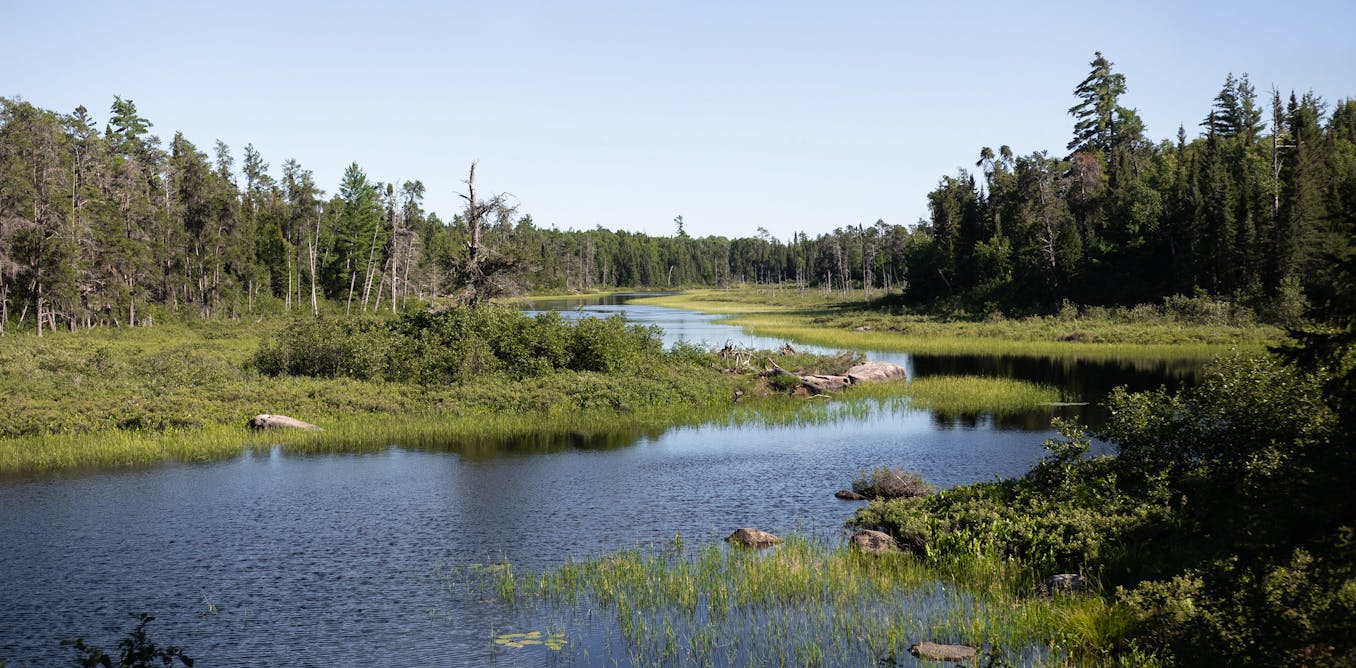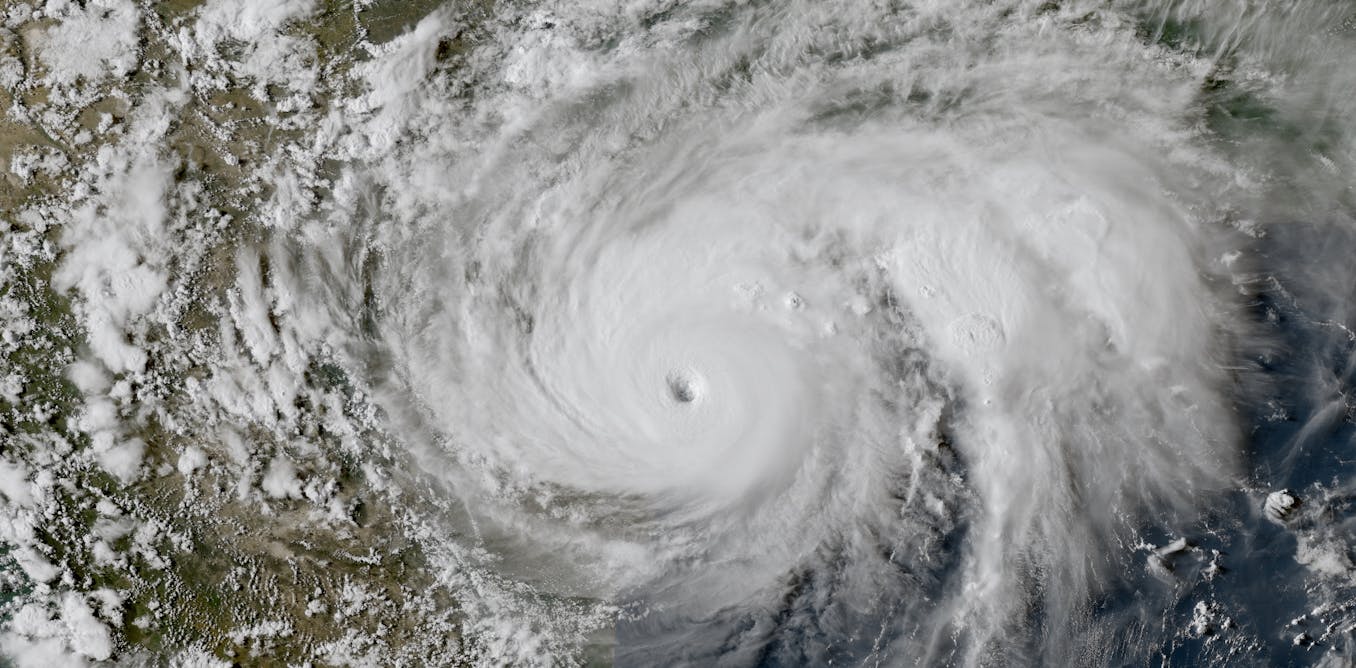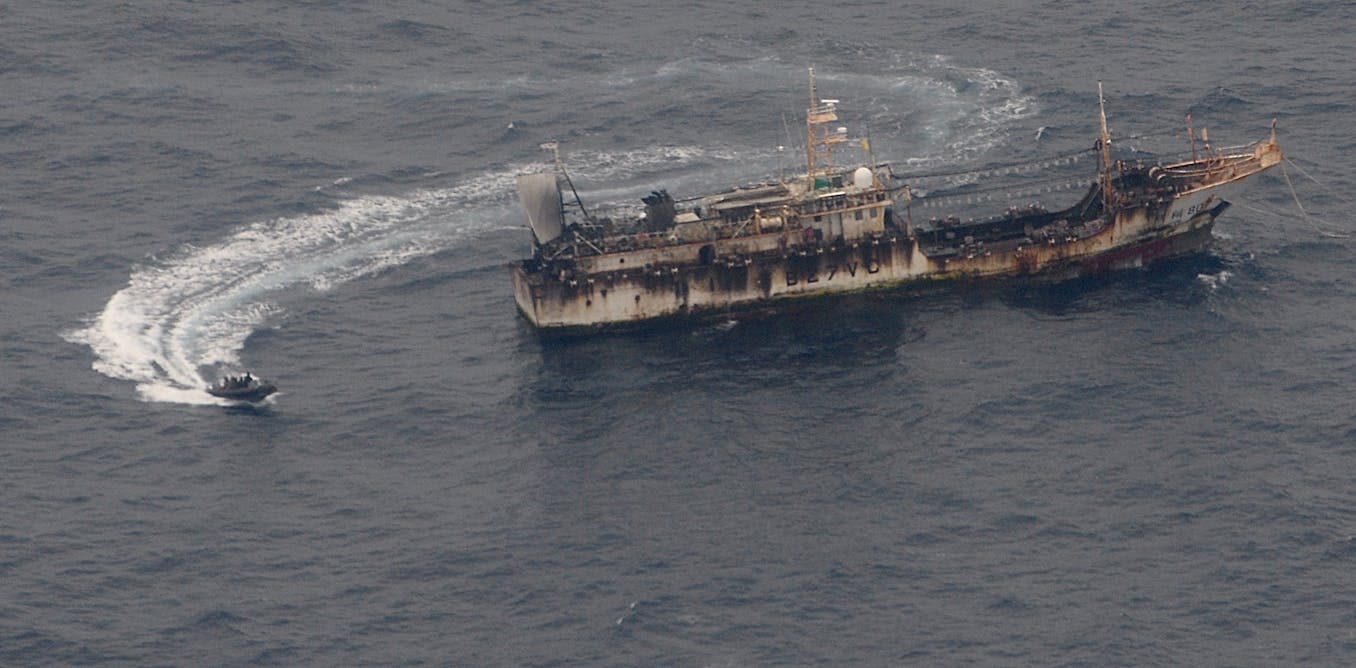Thousands of ocean fishing boats could be using forced labor – we used AI and satellite data to find them
Forced labor is a widespread problem in fisheries on the high seas. Between 2012 and 2018, an estimated 100,000 people may have been victims of forced labor on thousands of different boats.
Dec. 21, 2020 • ~8 min

